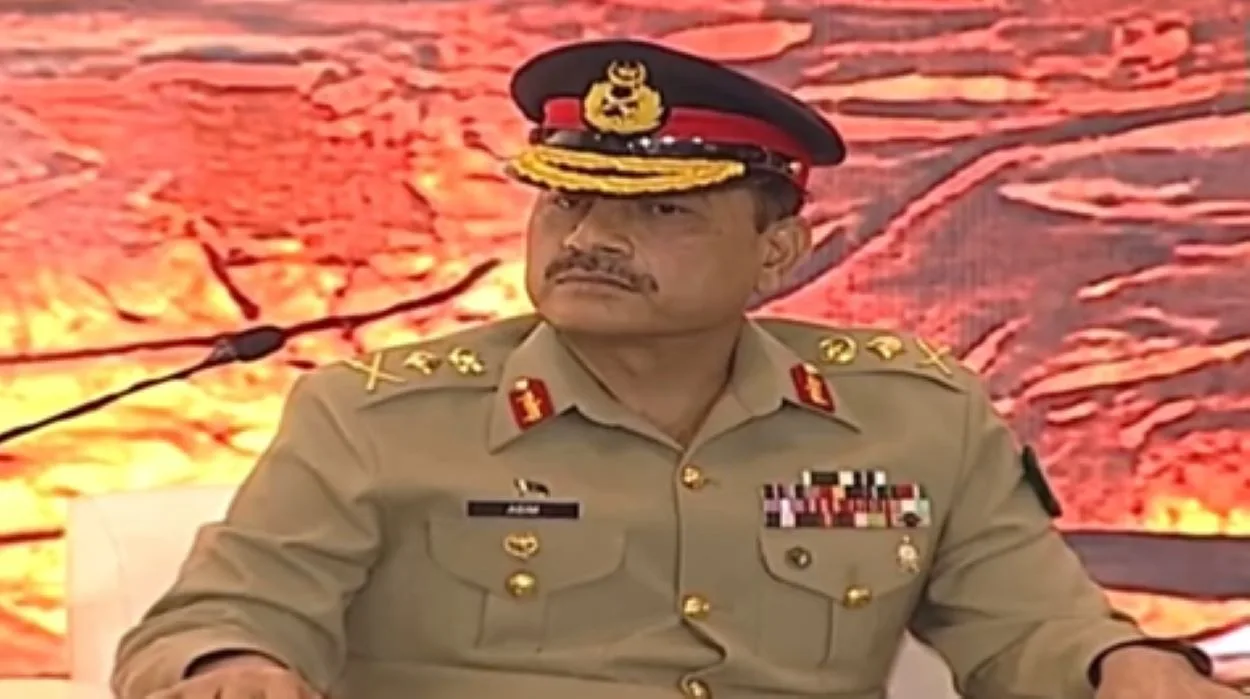Pakistan’s Chief of Army Staff (COAS), General Syed Asim Munir, in his address at the Pakistan Minerals Summit, has appealed to all stakeholders to contribute towards economic revival.
COAS also urged international investors to tap into Pakistan’s abundant mineral reserves, saying, “We must never lose hope”.
General Munir highlighted the vast mining opportunities in the country, calling for combined efforts to realise them. He assured an investor-friendly environment by easing business operations and eliminating unnecessary delays. With the inauguration of Pakistan’s first mineral summit, he remarked on the laid down rules to ease business for both domestic and foreign investors, recognising mineral projects as critical to success.
Prime Minister Shehbaz Sharif, speaking at the summit, underscored the need to explore untapped resources, including vast natural minerals, and to develop sectors like agriculture, IT, and industry. He expressed regret that despite an estimated worth of $6 trillion in natural deposits, Pakistan had not fully capitalised on these resources in its 75-year journey.
He referred to the establishment of Pakistan Steel Mills with Russian support in the 70s and the development of the Thar coal mines reserves. Yet, he also recalled the setback of a $10 billion penalty imposed on Pakistan in the Reko Diq case, which, if enforced, would have exhausted the country’s foreign reserves.
The Special Investment Facilitation Council and Economic Revival Plan
In June, PM Sharif established the Special Investment Facilitation Council (SIFC), which includes the army chief, federal ministers, and other stakeholders. The council is designed to supplement the government’s efforts to address the country’s economic challenges.
An ‘Economic Revival Plan’ has also been unveiled to capitalise on Pakistan’s untapped potential in key sectors, expedite development projects, and facilitate investment, in an attempt to steer the country out of an economic crisis. Pakistan’s foreign exchange reserves have seen an uptick after receiving the first instalment of $1.2 billion from the IMF, under a short-term standby arrangement, and inflows from allies like Saudi Arabia and the UAE.
The country’s liquid foreign reserves stand at $13.534 billion, the highest level since October 2022, bolstering the nation’s balance of payments and investor confidence in the economy.






